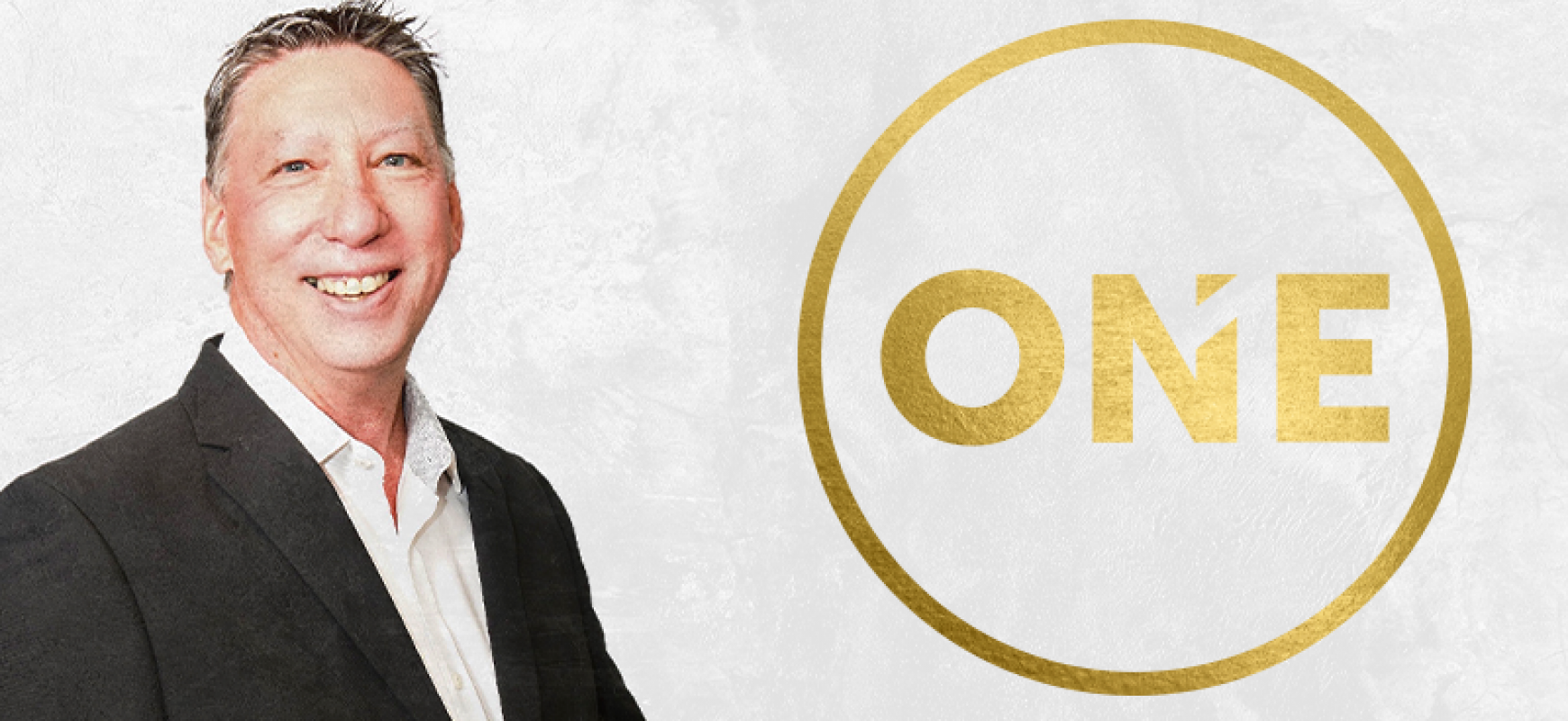
An interview with Realty ONE Group More Broker/Owner, Jack Girvan
We all know that because of the low housing inventory in so many markets, most sellers have the luxury of multiple offers, and from that, they’re able to pick the most favorable. But what does that mean? And how do all-cash buyers compare with buyers who are financing but offer above asking price?
Jack Girvan, Broker/Owner of Realty ONE Group More in Boston, MA, explains what you can expect as a cash- or financed homebuyer.
What is good and bad about making a cash offer?
While a cash-Buyer will not incur interest costs — currently at a historically low 2.5% rate — there may be a significant “opportunity cost” for the Buyer, as a direct result of paying with cash. By preserving liquid funds (i.e. cash), a Buyer is able to make additional investments that could provide a significantly greater return. For example, as an investment, it may be more financially advantageous to purchase 5 properties with a 20% down-payment on each property, versus paying for one property with cash. Real estate provides leverage unlike any other investment; the future net worth would be dramatically higher, with the benefits of rental income and a principal reduction on the additional mortgages.
A buyer who pays with cash and later takes out a mortgage will pay a higher interest rate due to “cash-out financing”. This could increase the interest rate by as much as half of a percentage, and the rate if done in the future will likely be three-to-five percent higher. Furthermore, paying with cash may leave the Buyer with inadequate cash-reserves that could otherwise be utilized to support their personal life-situation.
Are there any other non-financial benefits to making a cash offer versus taking out a mortgage?
First, paying with cash may be the only option for someone with poor credit or for someone who is unemployed. A cash offer could also facilitate a quicker closing if the Seller has the ability to move out quickly, or if the property is vacant. This could benefit a Buyer that may be moving to a new area, has recently sold their home or has been living in temporary housing.
Second, it may provide peace of mind to homeowners who are debt adverse.
And finally, many Buyers consider a mortgage to be a forced savings plan which could be advantageous to the undisciplined.
Where do cash buyers see savings?
Cash buyers could see savings in many different ways.
For example, should a property be located in a flood zone, a Buyer would not be required to obtain a flood insurance policy if a mortgage was not obtained. The savings could range from several hundred dollars to $10,000 or more in premiums, annually.
If a mortgage is not obtained, then a “lender’s” title insurance policy would not be required. However, I suggest that a Cash Buyer should protect themselves from a potentially cloudy title. They may want to consider obtaining their own title policy; this would be a one-time cost of several hundred to a few thousand dollars, depending upon the level of risk they are comfortable taking.
Additionally, if a Buyer were to purchase with cash they would not pay usual closing-cost fees, which include lender attorney fees, credit report fees, appraisal fees, loan origination and or underwriting fees, etc. Furthermore, a borrower that puts 20% or more down on a property would not be subject to purchase mortgage insurance. These fees & costs may total several thousand dollars, or roughly 1% of the purchase price.



